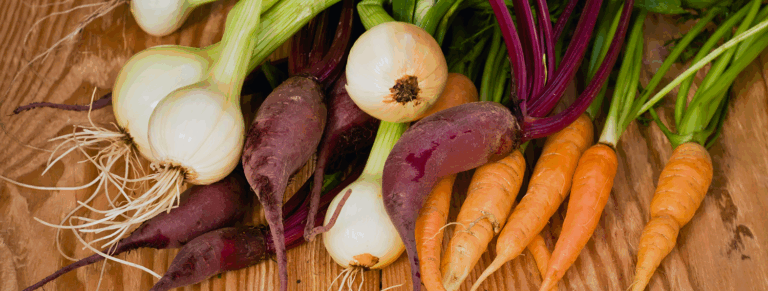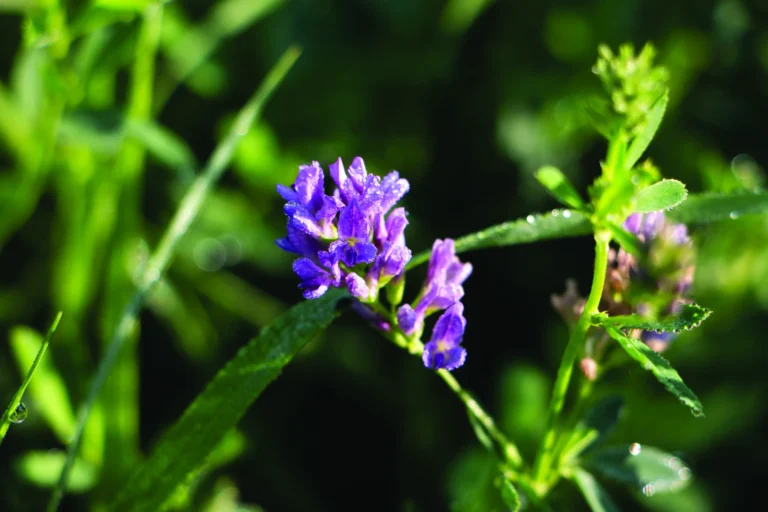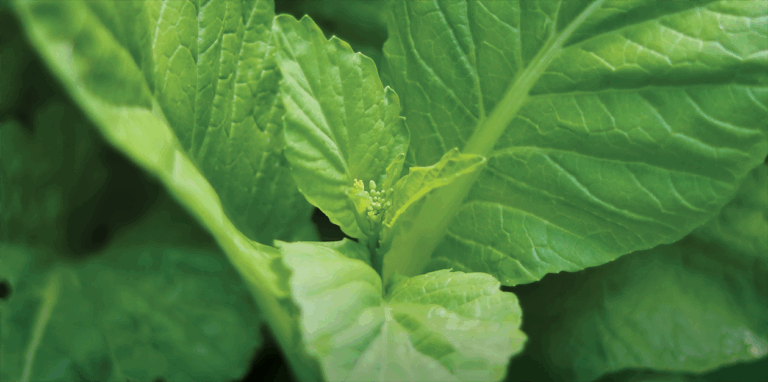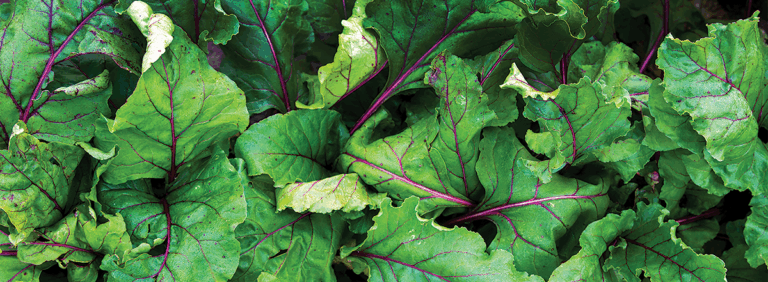Bitter Herbs for Digestive Health and More
About this Episode
Today we are talking about bitter herbs and their multi-faceted role in health. Host Sara Le Brun Blashka discusses bitter herbs with naturopath and medical herbalist Amanda Williams, who has been practicing for over 20 years. She focuses on female health, endocrine health, autoimmune disease, and digestive health. Listen to the podcast to learn more about what she calls the “bitter bonanza.”
Bitter botanicals have been used for hundreds of years, often in support of natural digestive processes (04:28). But as time went by and food technology grew, humans began to remove many natural bitter flavors from the diet to appease our palates. But, some bitters remain: alcohol and coffee are two that are familiar to most people (06:22). While the taste of many bitters may be undesirable, bitter compounds play an important role in various aspects of health.
Bitter Herbs for Digestion and Blood Glucose Management
Bitter herbs can work quickly to address impaired digestive capacity like:
- Bloating
- Gas
- Digestive spasm
- Slow digestion (10:40)
Bitter compounds stimulate bitter receptors in the taste buds on the back of the tongue, prompting a cascade of reactions from G-protein coupled receptors sending signals to the brain, to triggering a reflex response to increase gastric acid secretion, digestive enzymes, and other aspects of digestion, “priming” the digestive system and getting it “ready to go” (13:19).
>> Audio bookmark: Priming digestion with bitter compounds is like remote-starting your car in the middle of winter, so it’s nice and warm once you’re ready to drive (14:17).
Research from the past decade or so shows that bitter receptors can be found all through out the entirety of the gastrointestinal (GI) tract (14:57). Bitter compounds and receptors are associated with the release of various gut peptides, such as CCK, which triggers the release of pancreatic enzymes and bile and regulates gastric emptying, increasing satiety (16:45). Additionally, GLP-1 hormone is secreted, which stimulates insulin secretion (17:40).
>> Audio bookmark: Start using bitter botanicals to change taste preference (20:30).
Bitter Receptors All Over
Bitter receptors exist all over the body, not just in the digestive system. A 2017 Journal of General Physiology study shows just that, including bitter receptors in the brain (21:44). One of the best bitter herbs for immunity is the “intensely bitter” andrographis (23:46).
>> Audio bookmark: Black cumin seed is known by some as “the cure for all ills except death” (25:20)
Getting Started with Bitters
For patients who are just beginning their journey with bitter herbs, a selection of three may make a good “starter pack” (26:10)
These three herbs combine well with aromatic digestives, such as ginger and chen pi (26:28). Ideally, taking bitter herbs 15 to 30 minutes before every meal allows time for the bitter compounds to get to work, promoting optimal nutrient extraction and other positive benefits (27:09). And if the bitter taste isn’t too overwhelming, tasting the herb before consuming supports additional interactions between bitter compounds and bitter receptors (28:21).
Bitter Herbs Beyond Digestion
Bitter herbs support other body systems in addition to digestion (31:46). Here are a few herbs that have been associated with positive health effects through research:
- Feverfew: migraines
- Black cumin seed: hay fever, allergies, and asthma
- Berberine: healthy lipid levels
- Bitter melon, cinnamon, and fenugreek: insulin resistance and metabolic syndrome
- Wormwood: antiparasitic
Bitter Herbs for the Elderly
Digestive function declines with age, leading to loss of appetite and loss of diversity in the diet (36:19). In England, it’s called “the tea and toast brigade” (36:46).
Relevant Links
A comprehensive review of black cumin seed and its immunomodulatory and anti-inflammatory action
Bitter Perception Affects Vegetable Consumption (Article)
Herbal Approaches to Digestive Health (Article)








